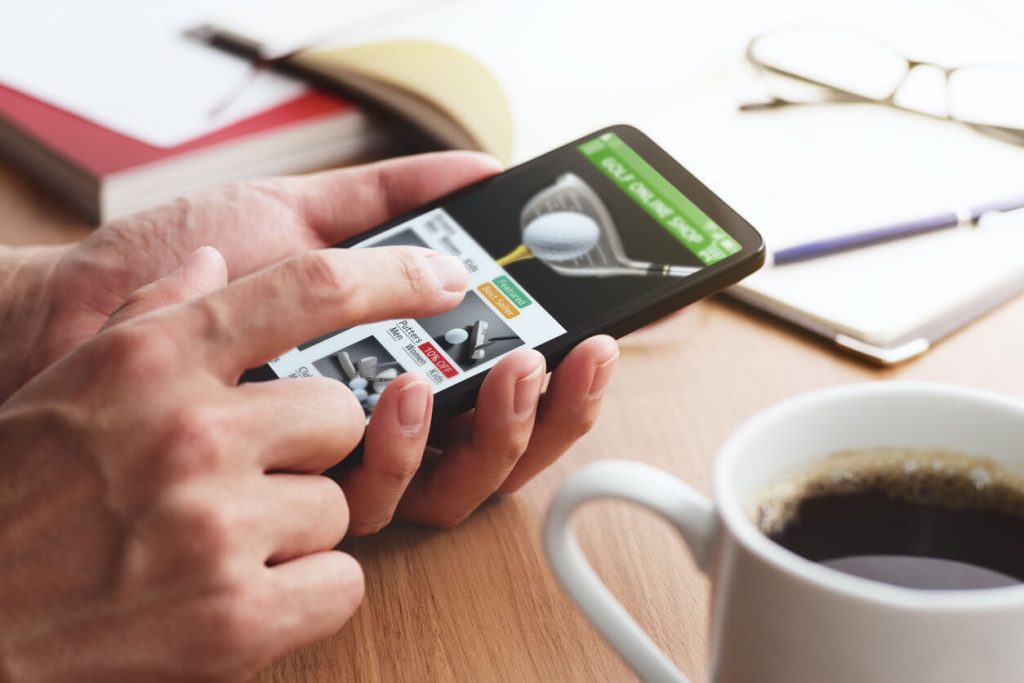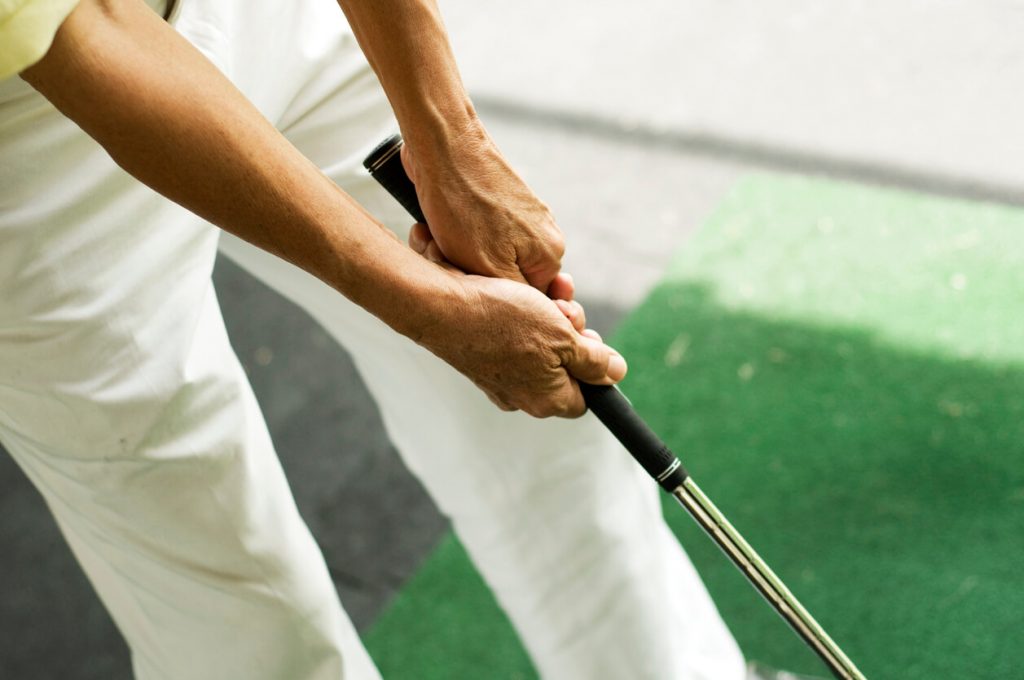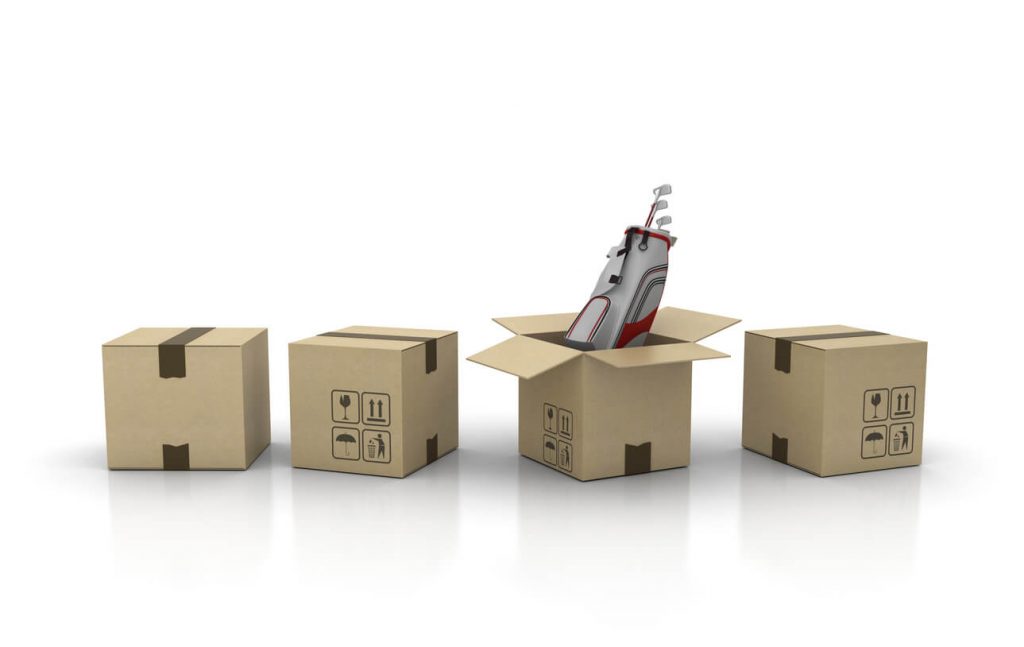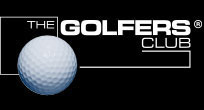We all dip into the second-hand market from time to time. Of course, the chief reason for not buying new is the money it saves. It’s no different with used golf clubs—and various reputable websites specialise in selling second-hand golf gear.
However, just like you’d do your research if you were buying a second-hand car, due diligence is also required when forking out hard-earned cash on used golf gear. Here’s what to look for when buying a set of used golf clubs.
Specs
We echo the advice of every PGA professional: to get the most out of your clubs, you should always get custom fitted. If you’ve been fitted previously, you’ll want those specs to hand—loft, lie, shaft type, and so on.
Of course, this won’t be a problem if custom fitting doesn’t matter to you. If you’ve always bought straight from the shelf and are happy with that, that’s your decision. However, it’s still important to know exactly what specs you’re getting, as you may end up with clubs that have been fitted for someone a lot taller or shorter than you!
Do your research

You wouldn’t go and spend £1,500 on a new set of clubs without doing some research beforehand, so don’t do it with second-hand golf gear, either. There are so many golf equipment reviews online, so it’s usually fairly easy to find out the original RRP and when it was released. Armed with these key figures, you should be able to weigh up whether you’re getting a good deal or not.
Condition
If you’ve decided to buy used, you’ll have accepted that you’re going to buy a product that’s not quite in perfect condition. However, just how used is acceptable?
Golfbidder uses a rating guide: 10 is brand new or mint; 9 is new without the wrapper; 8 is very good condition; 7 is good condition, and 6 is fair condition. Each rating is also broken down further for each equipment category.
For example, irons rated 6/10 are described as “in perfectly usable order but cosmetically not quite deserving of a ‘good’ rating.”
Grips

Your grips are the only piece of equipment you touch on every single swing, so they must always perform at their best. If your first swing with your ‘new’ 5-iron sees the club go flying off down the fairway, and you end up gripping extra tightly for the rest of the round, you’re unlikely to play your best golf.
So, it’s important to check the grips before you buy—something that might not be obvious if you’re purchasing online and looking at photographs. If that’s the case, do they look slick? Is the rubber crumbling? Is the paint on the grips discoloured? Have a good look for signs of wear. You don’t really want to spend £100 on a second-hand set of clubs, only to end up spending the same again on having them re-gripped. Suddenly, it’s not such a great bargain!
Postage and packaging

If you’re buying second hand clubs online, check how much extra postage and packaging costs, as it’s not always clear. You could be looking at a minimum of £20.00, which may be perfectly acceptable—after all, you don’t want your clubs getting knocked about in transit. Those long cardboard boxes cost a few quid, as does bubble wrap. Add on the cost of the courier, and that figure soon rises, especially if you’re buying a full set.
Reputable websites
Several reputable online retailers specialise in selling second-hand golf equipment, and there are certain advantages to using such sites. For example, Golfbidder, one of Europe’s busiest online golf retailers, individually inspects and photographs each club. This means that you don’t have to worry about getting counterfeit products.
All clubs also come with a full 12-month warranty and a seven-day, no-quibble, money-back guarantee.
Other retailers worth browsing include affordablegolf.co.uk and golfclubs4cash.co.uk.
Ex-demo clubs
Getting your hands on ex-demo clubs can be a great way of getting cheaper clubs. It’s worth asking your club pro if they offer such deals, as well as your high street retailer. You never know; you might grab yourself a bargain on a display model that’s just about to be replaced with a new arrival.
New releases
It’s not an exact science, but you might find yourself a better deal on second-hand clubs when a new model comes out—so it’s worth keeping an eye on the market.
All equipment manufacturers tend to work to a product cycle. Your club pro will normally have a good idea of what’s coming.
Accessories
So, you’ve hit ‘buy’ on a second-hand driver—the perfect model in the right spec—and you then release it doesn’t come with a headcover. Worse still, it’s missing the wrench that allows you to make adjustments.
Be sure you know what the model originally came with to avoid spending further time and money on essential accessories.




